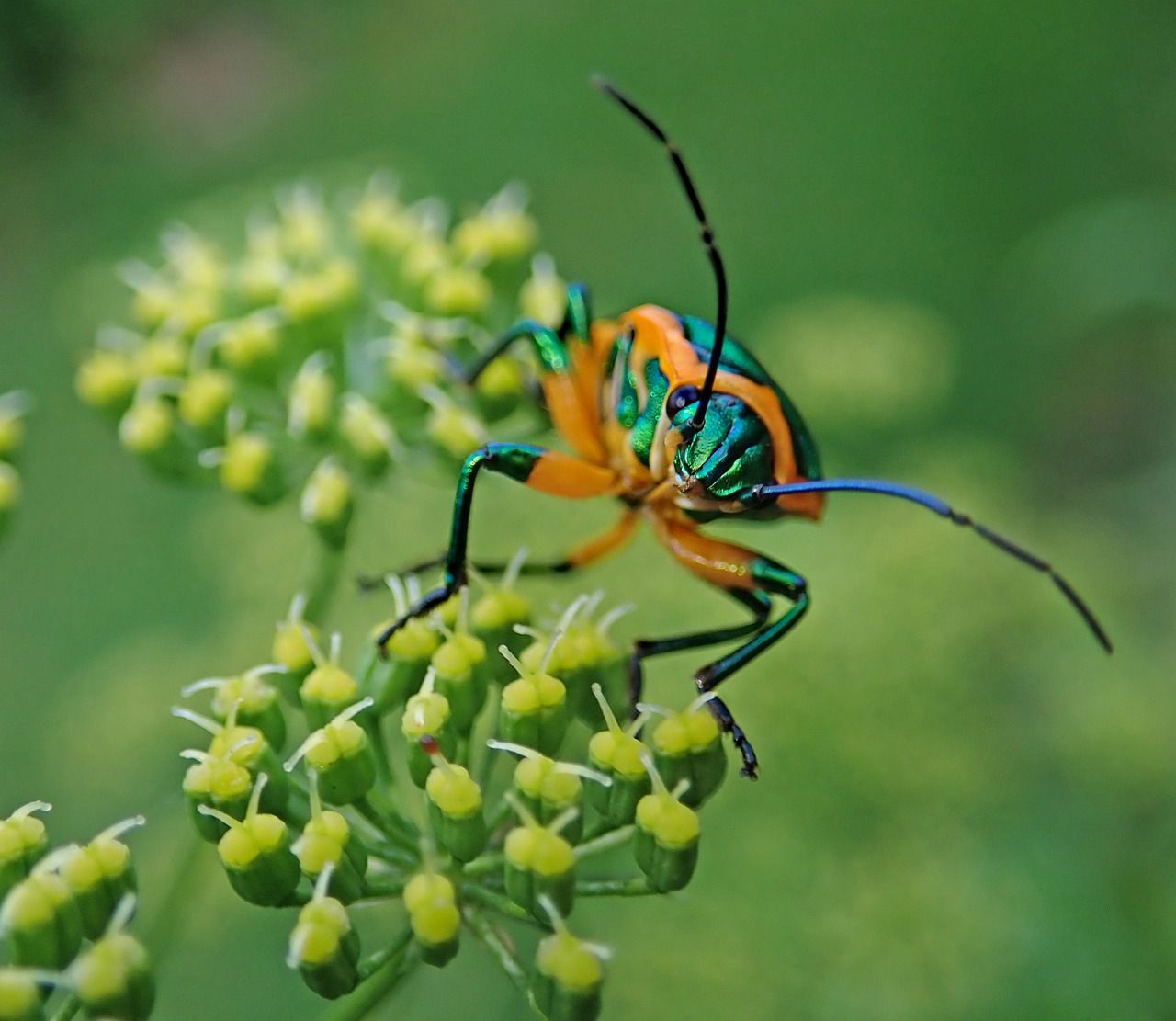Fighting garden pests without chemicals is not only environmentally friendly, but also allows for a more natural and sustainable approach to gardening.
While chemical pesticides are commonly used to control pests, there are several underestimated and effective ways to manage garden pests without resorting to harmful chemicals.
Some of these methods include these.

Encourage Beneficial Insects
Attracting beneficial insects like ladybugs, lacewings, and praying mantises to your garden can help keep pest populations in check.
You can achieve this by planting flowers that provide nectar and pollen for these helpful insects.
Handpicking
Regularly inspect your plants and handpick pests like caterpillars, slugs, and beetles.
This may require some patience and effort, but it can significantly reduce pest numbers.
Use Physical Barriers
Employ physical barriers like row covers, netting, or fine mesh to protect plants from pests.
These barriers can prevent insects from laying eggs on plants or shield plants from birds and larger pests.
Beneficial Nematodes
Beneficial nematodes are microscopic organisms that prey on soil-dwelling pests like grubs and larvae.
Introducing them to your garden soil can help control these pests effectively.
Crop Rotation
Practicing crop rotation can disrupt the life cycles of pests and diseases, reducing their impact on your garden.
Moving crops to different locations each season can help break the cycle of infestations.
Attract Birds and Frogs
Encouraging birds and frogs in your garden can help control insect populations.
Providing birdhouses, birdbaths, and water features can attract them to your garden.













